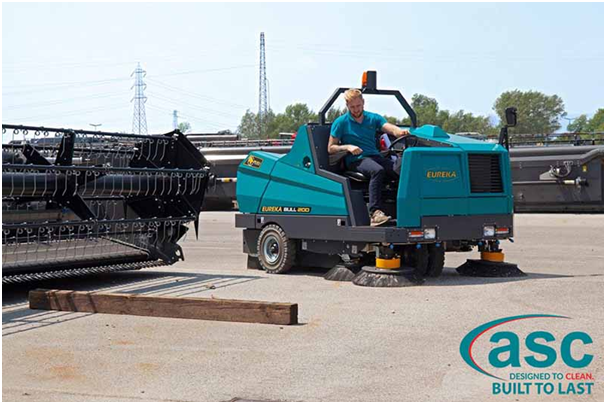Many times when employees are injured in a work-related accident, they don’t understand their rights to manage their recovery and their working future. A work accident can occur anywhere, and it doesn’t matter what you do or the business you’re involved in. Being involved in an accident can leave you with severe consequences. This could be permanent injuries that could leave you with financial strains. With this in mind, you need to seek legal advice to ensure you navigate through the difficult moments and get back to your toes both psychologically and financially. However, it’s worth noting that just because you have suffered injuries at the workplace, that doesn’t mean you are entitled to seek compensation. A good lawyer can help you determine whether you can file a claim depending on your circumstances. Due to work related injuries, that’s why most of the employers have workers compensation in place to ensure any employee who is injured or becomes ill on the job gets benefits and the right medical care.
Your Rights As An Employee
You must understand your legal rights as an employee to get the best compensation. Employers in almost every state in the United States are required to obtain workers’ compensation insurance. Under this system, employees get benefit regardless of who was at fault. If you have fallen off from your executive chair or have suffered any other work-related injury, the first thing you can do to ensure your rights are protected is by reporting the injury to your employer as quick as possible. Workers’ compensation laws differ from state to state; thus, even your rights will also vary. But the fact remains; the workers' compensation may probably be the most vital option an employee may need to cover for the medical costs. Below are the common legal rights across many states:
1.Every employee has a right to file a claim for any injury or illness suffered at the place of work. The claim can be filed in the workers’ compensation court or a civil court. To file a claim, you have to ensure:
a. Your employer must have a worker’s compensation
b. You’re indeed an employee of that company. That is, you should not be a contractor
c. You were injured within the scope of your employment
d. You were not under the influence of any drugs or alcohol at the time of the injury
e. You had not been terminated before your injury
f. You had not violated the company policies during the injuries
2. An employee has a right to seek medical treatment
3. The employee has a right to return to work if the doctors issue a return to work document.
4. If the employee happens to disagree with the employer or have issues with the workers’ compensation, he/she have a right to appeal the decision. This shows that you have a right to either accept or refuse any offer given to you to lure you in accepting any incentives your employer may provide.
5. The employee has a right to be represented by a lawyer.
Popular lawyers in Anchorage give employees legal advice and help them determine whether their claims are valid. An employee shouldn’t fear being harassed by the employer simply because he/she has reported or filed a claim against the employer. Your employer may also be held liable for failing to provide workers’ compensation insurance. Again, other parties may also be responsible for your injuries on the job. Anybody can be held liable for any injury you may have suffered on the job. Depending on the circumstances, the negligence of other parties such as a manufacturer or a designer may be held liable for injuries you may have suffered. That’s why it’s advisable to seek an experienced lawyer when you’re not sure who to blame. The lawyer can guide you in the whole process in case of injuries sustained.
What Will The Worker’s Compensation Cover?
Though the general saying is that the worker’s compensation will help you receive the benefits you deserve, there are many exceptions where an employee may sue for damages in case of work-related injuries or sickness. But an employee will always receive compensation without taking into the fact who was at fault during the accident. The workers’ compensation covers:
1. Any medical expenses related to any sickness or injury suffered
2. Lost wages during recovery. These are wages that could have been lost when you were recovering due to the work-related illness or injury
3. Ongoing medical costs. Most of the times, an employee may suffer from severe injuries that may require them to have more than one treatment.
4. Compensation for fatal injuries. At times, work-related injuries may lead to death. The system will cover funeral expenses and also help in supporting the deceased family.
A workers’ compensation claim is not an easy process as some tend to think. If you have been injured or became sick because of unsafe working conditions in your workplace, consider talking to a lawyer who will help protect your rights.

 Nancy
Nancy








